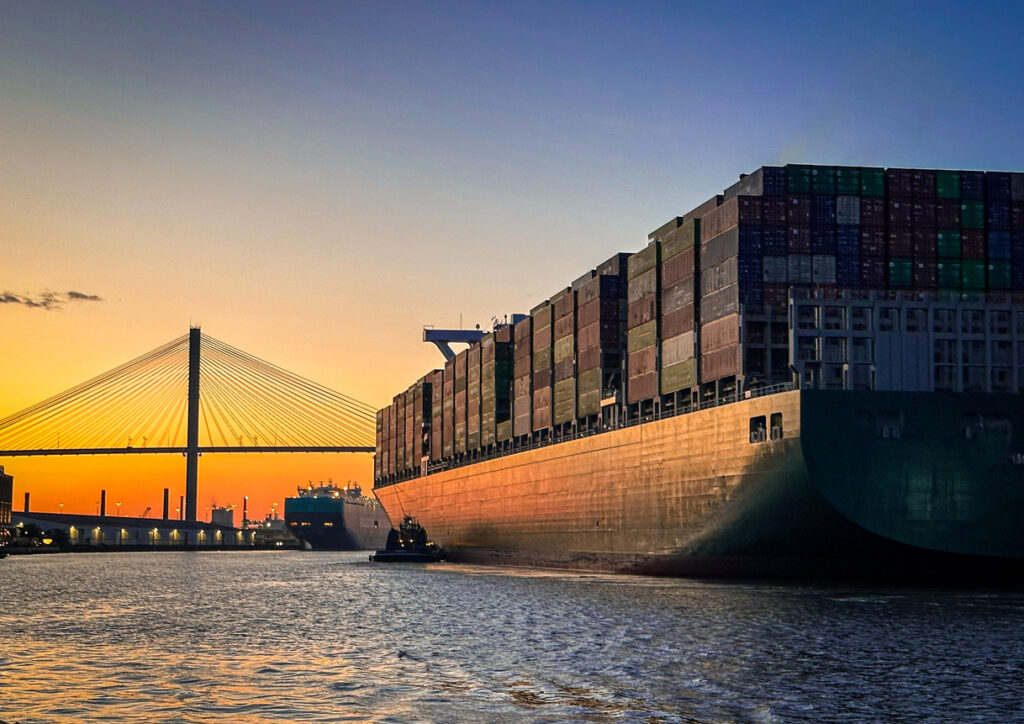
The Legal Impact of Supply Chain Disruptions on Construction Projects
Last Updated on September 26, 2025
In today’s global economy, construction projects are more interconnected than ever. Materials, equipment, and skilled labor often come from a variety of domestic and international sources. When any link in this chain breaks (whether due to material shortages, shipping delays, geopolitical events, labor strikes, or natural disasters), the result is a supply chain disruption.
For the construction industry, these disruptions can derail timelines, inflate budgets, and spark disputes. Understanding the legal implications of such disruptions is critical for developers, contractors, subcontractors, and suppliers alike.
How Supply Chain Disruptions Affect Construction Projects
Supply chain challenges can touch every phase of a construction project, from initial procurement to final delivery. These impacts often carry significant legal consequences.
Contract Delays
When materials arrive late or equipment is unavailable, project milestones may be missed. Delays can trigger penalty clauses, breach of contract claims, and increased costs for labor and storage. Depending on the terms of the contract, the party responsible for the delay may face substantial financial liability. On the other hand, if properly protected by contract language, delays beyond the party’s control may excuse the party from further performance of the contract.
Cost Overruns
Rising costs for materials such as steel, lumber, and concrete can quickly push a project over budget. Without proper escalation clauses in place, contractors may be forced to absorb these costs, leading to reduced profit margins or financial losses. In some cases, parties may seek to renegotiate terms or pursue legal remedies to recover unexpected expenses.
Potential Disputes
Delays and cost overruns frequently result in disputes among owners, contractors, subcontractors, and suppliers. Common issues include disagreements over responsibility for delays, entitlement to extensions of time, or allocation of increased costs. Disputes may be resolved through informal negotiations, mediation, arbitration, or litigation, each with its own procedural and strategic considerations.
Legal Considerations for Managing Supply Chain Disruptions
Proactive legal planning can help construction professionals mitigate the impact of supply chain challenges and reduce the risk of costly disputes.
Contract Clauses to Address Supply Chain Risks
Well-drafted contracts can allocate risk and provide clear guidance when disruptions occur. Key provisions include:
- Force majeure clauses – Excuse nonperformance due to unforeseen events beyond the parties’ control.
- Escalation clauses – Allow for price adjustments when material costs rise beyond a certain threshold.
- Delay and disruption clauses – Outline the procedures for claiming extensions of time or compensation for project delays.
- Dispute resolution clauses – Provide the parties with an agreed-upon method of resolving disputes – whether mediation, arbitration, litigation, or some combination of various approaches.
Effective Risk Management Strategies
Legal protections work best when paired with sound operational planning, such as:
- Diversifying suppliers and sources to reduce reliance on a single vendor or region.
- Inventory management and forecasting to anticipate material needs and secure critical items in advance.
Proactive Contract Management
Contracts should not be “set and forget” documents. Ongoing management is essential:
- Regular contract reviews and updates ensure that terms reflect current market realities.
- Clear communication and documentation create a paper trail that can be invaluable in resolving disputes.
How the Right Lawyer Can Assist with Supply Chain Disruptions in Construction
An experienced construction lawyer can be an invaluable partner in both preventing and resolving issues related to supply chain disruptions. They can help by:
- Providing expert legal advice and support to assess risks and recommend practical solutions.
- Reviewing and drafting contracts to ensure protective clauses are in place.
- Handling dispute resolution and litigation when disagreements arise.
- Advising on risk management and compliance with industry standards and regulations.
How Smith Debnam Can Help
At Smith Debnam, we understand the complex challenges that construction professionals face in today’s volatile market. Our team offers:
- Deep knowledge of construction law and industry practices.
- Proven experience in contract drafting, negotiation, and review.
- Skilled representation in dispute resolution, arbitration, and litigation.
- Strategic advice on risk management and regulatory compliance.
Whether you are planning a new project, facing unexpected delays, or navigating a contractual dispute, Smith Debnam provides the legal insight and advocacy you need to protect your interests and keep your projects on track.

